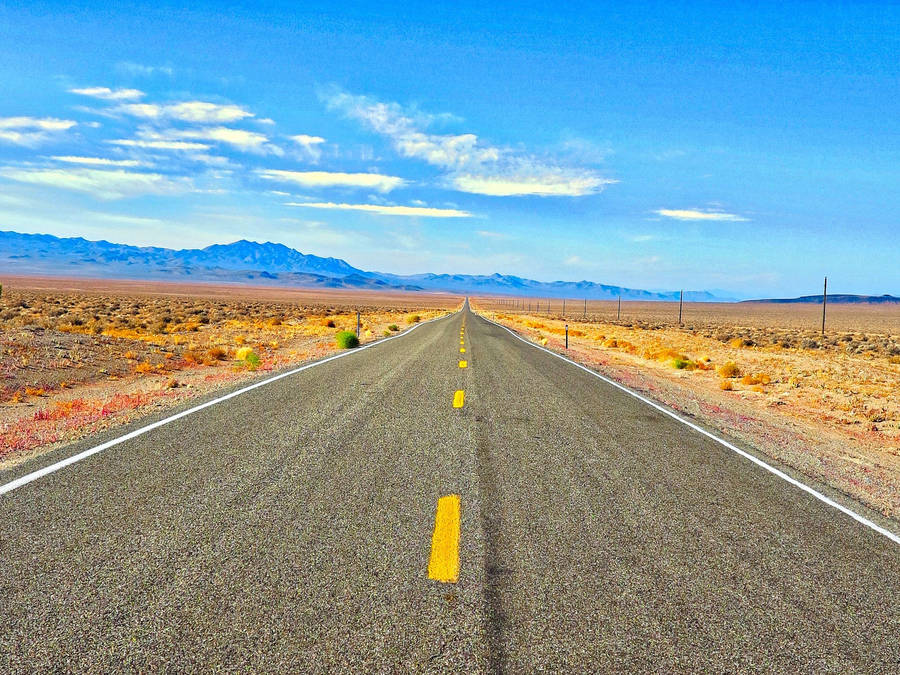Stuff.
We fill our lives with it. We are defined by it.
Whether we like it or not; whether we mean it or not, we all judge people/ people judge you by the clothes on your back, the phone in your pocket, the car in your drive, the house you live in. A house you cram with even more stuff – more clothes, more gadgets, more STUFF so that we are better than our neighbour and we can impress our friends and passing strangers.
We work in jobs most of us despise (if the stats are to be believed)to pay for this stuff and then feeling miserable we buy even more stuff to try and fill the hole caused by the misery of working a 9 to 5 that leaves us feeling completely unfulfilled. Then we have to work longer hours in the job we can’t stand to pay the credit card bill for all the stuff we’ve bought to make us feel better about ourselves. Then we look for people to blame for making it so easy for us to fall into debt.
If Carl Marx were still alive today, he’d change his famous quote. You know the one, where he said that religion was the opiate of the masses? Now he’d be using the C word.
Consumerism.
‘What’s eating your gusset?’ You might ask.
Don’t worry I’m not going to ditch the day job and go live in a mud hut somewhere – however tempted – this is my response to a book I’ve been reading.
Into the Wild by Jon Krakauer is a fascinating and beautifully written account of a young man called Chris McCandlish who vanished into the Alaskan wilderness in 1992. From a well-to-do family, loving parents and siblings, he gave all his money to charity, abandoned his car and possessions, burnt all the cash in his wallet, and invented a new/ old existence for himself. Four months later his decomposed body was found by a hunter. He was 24.
If you’re annoyed that I’ve given the story away, don’t be. Chris’ fate is posted in the blurb on the back of the book. In any case, when his story came out in the early nineties he became a bit of a cause celebre.
He had his detractors. People queued up after the event to say what a stupid, selfish, arrogant whacko. How could he do something like that to his family?
And sure, if my son did something like that I don’t think I could live with myself.
There is a however, however. Krakauer’s depiction if the young man in question lets us get under the skin of McCandlish and see what he was trying to achieve. The writer goes back to his old friends, his family and the people McCandlish met on his odyssey and provides a view of his motivation. All of these people without exception – regardless of the length of time of their meeting – were deeply affected by his intelligence, moral standing, empathy and fortitude. One old fella even wanted to adopt him.
McCandlish was not some bumbling dreamer. When the writer examined his life he found a young man who was preparing himself for such an event. For years before he was pushing himself, testing his stamina and endurance through a number of trials so that when he did enter the Alaskan wilderness with nothing but clothes and a backpack he could deal with whatever came his way.
In Jon Krakauer, this intrepid young man has found a sympathetic biographer and being an explorer himself, someone uniquely qualified to take his movements and extrapolate sound motivations from them.
This is a fascinating book, for all kinds of reasons. If you haven’t read it, get your arse to a bookshop now and dive in.







